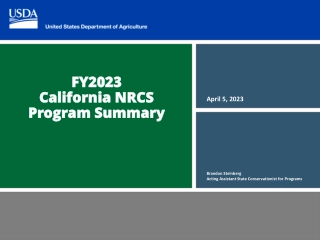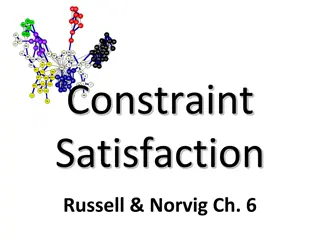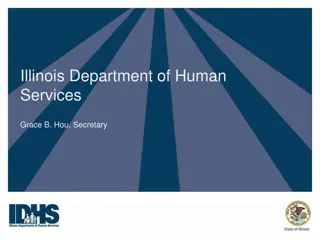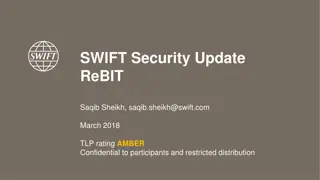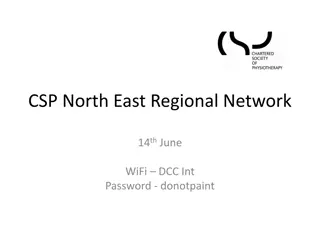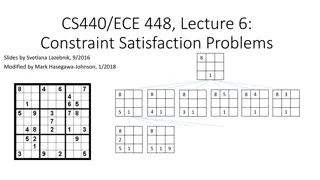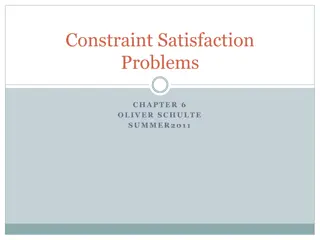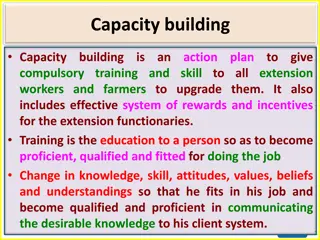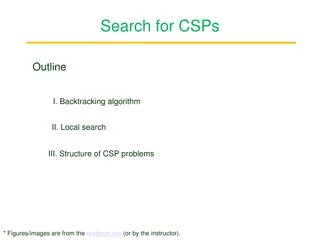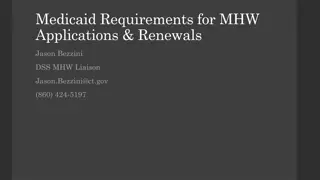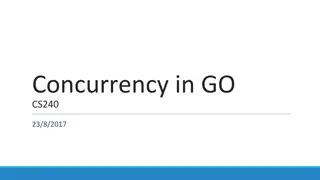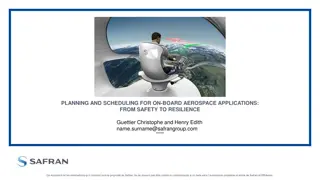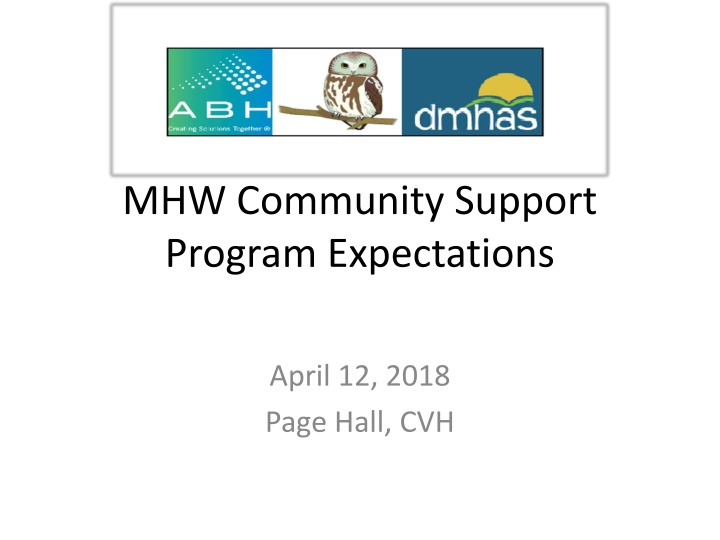
Expectations and Roles in MHW Community Support Program
Explore the expectations and roles within the MHW Community Support Program, including agency requirements, job descriptions, TCM responsibilities, general knowledge expectations, and CSP visit structures. Dive into the essential criteria and responsibilities for effective support and care provision.
Download Presentation

Please find below an Image/Link to download the presentation.
The content on the website is provided AS IS for your information and personal use only. It may not be sold, licensed, or shared on other websites without obtaining consent from the author. If you encounter any issues during the download, it is possible that the publisher has removed the file from their server.
You are allowed to download the files provided on this website for personal or commercial use, subject to the condition that they are used lawfully. All files are the property of their respective owners.
The content on the website is provided AS IS for your information and personal use only. It may not be sold, licensed, or shared on other websites without obtaining consent from the author.
E N D
Presentation Transcript
MHW Community Support Program Expectations April 12, 2018 Page Hall, CVH
Agency Requirements for CSP Certification from CARF, The Joint Commission, Council on Accreditation, or actively in the process of being accredited. Provided CSP services for at least one year, or have been a RA provider in good standing for one year. Employ or contract a qualified supervisor. Employ qualified staff (Bachelor s degree in social services field, or 2 years experience)
Job Description and Role Expectations Reinforce Recovery Build Skills Practice Skills Integrating Skills into Daily Life Crisis response, Hospital log, critical incident forms Education, support and consultation to family Psycho education Health and Wellness Development of self advocacy skills
TCM Roles and Responsibilities Community cases during hospital stay/rehab: Attend discharge planning meetings Update CSC on client progress Assist client with transition back to apartment SNF cases prior to enrollment: Attend discharge planning meeting Assist housing coordinator with apartment viewing and set up Assist client with setting up utilities Assist with coordination of aftercare appointments Assist client on day of transition
General Knowledge expectations of CSP staff Medicaid and SNAP eligibility, application process, redetermination, etc Social Security RAP and DMHAS subsidy Renter s rebate, utility assistance, free cell phones, etc Food pantries, soup kitchens, and community resources for clothing and personal items Mobile crisis/emergency services Mental health and addiction treatment Support groups and social clubs Medical cabs and other transportation resources
CSP visit structure Informal socializing and identification of any major problems: 1-3 minutes Review previous session: 1-3 minutes Review homework: 3-5 minutes Follow-up on goals: 1-3 minutes Set agenda for current session: 1-2 minutes Teach new material or review previously taught material: 30-40 minutes Agree on new homework assignment: 3-5 minutes Summarize progress made in current session: 3-5 minutes
Direct vs Indirect service and expectations Client to staff ratio Time for indirect services is built into the CSP rate Day to day monitoring Communication with other providers Telephone contact Progress notes Travel
Encounter and Monthly Notes Skill building language Goal, Intervention, Response, Plan format Legible Two parts of monthly note Hospital log Timely
Supervision and when to contact supervisor Supervisor requirement is licensed preferred, masters required in the field of social work, professional counseling, marriage and family therapy or nursing. Requirement of 3 hours per month (individual or group) Supervisor required to review all notes completed by CSP staff Supervisor should be contacted for assistance with cases, concerns regarding clients, crisis situations.
MFP SCM and MHW CSC roles Role: Determine SNF LOC Develop Recovery Plan Order waiver services Modify Plan Modify Authorizations Monitor costs Please remember that the CSP should have a clinical supervisor to turn to for assistance and the client has a clinical provider to contact for clinical needs/issues.
Crisis/Emergency situations CSP should be aware of how to contact client s mental health provider, PCP and nursing agency if needed. CSP should have knowledge of when to contact mobile crisis or 911 (mental health crisis, medical issues, unable to locate). CSP should have access to clinical supervisor in case of emergencies for direction and guidance. Be familiar with Hospital log and Critical Incident Form

